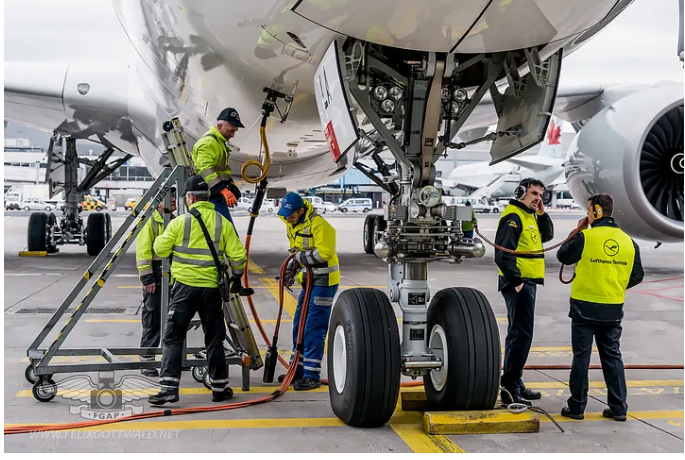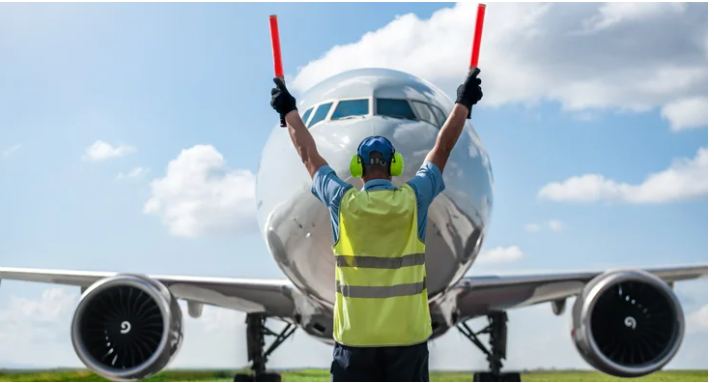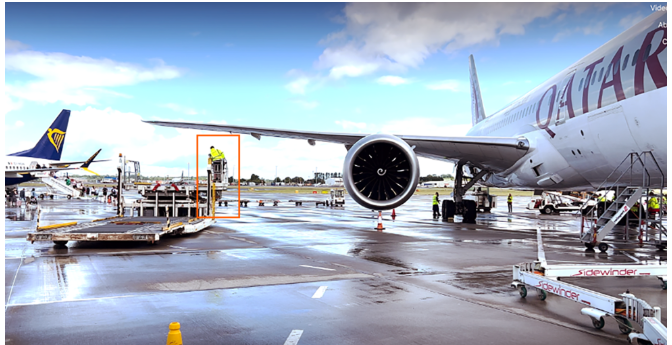
As the global aviation industry continues to expand in 2024, safety and operational efficiency remain top priorities for airlines and governments worldwide. New international regulations aimed at improving air traffic management, reducing delays, and enhancing overall safety protocols have been implemented. Leading the charge are organizations such as the International Civil Aviation Organization (ICAO) and the European Union Aviation Safety Agency (EASA), which are working with airlines to ensure smoother operations amidst increasing passenger volumes.
In response to growing passenger numbers, airports in major hubs, such as London Heathrow, Dubai International, and O.R. Tambo International in Johannesburg, have upgraded their air traffic control systems. These improvements are helping reduce air congestion, particularly during peak hours, and are streamlining the overall travel experience. Enhanced radar systems and improved real-time communication between air traffic controllers and pilots are critical parts of this transformation.
In Africa, the aviation landscape is witnessing the rise of new hubs and expanded regional routes. With intra-African travel gaining momentum, airlines are investing in routes that connect key African cities and countries, enabling greater regional connectivity. Ethiopian Airlines and Kenya Airways are the frontrunners in expanding their networks, offering new direct flights between East and West Africa, while Nigeria’s Air Peace has been steadily growing its operations to southern and central African destinations.
Airports in major African cities, such as Nairobi, Lagos, and Addis Ababa, are also undergoing expansions to accommodate more passengers and improve services. Nairobi’s Jomo Kenyatta International Airport is now positioning itself as a major hub for East African travel, while the new terminal at Addis Ababa’s Bole International Airport further cements Ethiopia’s role as a critical aviation center for the continent.
 Despite these gains infrastructure challenges continue to be a concern, particularly in smaller African nations. Efforts are being made to address outdated facilities and improve airport services, with several African governments partnering with foreign investors and private sector players to modernize their airport systems.
Despite these gains infrastructure challenges continue to be a concern, particularly in smaller African nations. Efforts are being made to address outdated facilities and improve airport services, with several African governments partnering with foreign investors and private sector players to modernize their airport systems.
Digital transformation is playing a key role in reshaping the aviation and travel industries. The adoption of smart technologies has made it easier for passengers to navigate airports, book flights, and manage their travel itineraries. Mobile apps, biometric check-in, and AI-driven customer service are becoming standard in many of the world’s major airports.
Biometric identification systems are now in use at airports in Europe, North America, and parts of Asia, allowing passengers to pass through security and boarding gates using facial recognition technology. This reduces waiting times and enhances the overall passenger experience.
In Africa, the implementation of digital solutions is catching on with airports in countries like South Africa, Kenya, and Morocco integrating contactless check-in and mobile boarding passes. Travelers can now book tickets and receive real-time flight updates directly through airline apps. These technological advancements are helping to make air travel more accessible and efficient, particularly in regions where airport infrastructure is still developing.
Sustainability remains a focal point for the aviation sector, with airlines and airports increasingly turning their attention to reducing carbon emissions and promoting greener practices. As global pressure mounts to tackle climate change, airlines are ramping up efforts to integrate sustainable aviation fuel (SAF), a cleaner alternative to traditional jet fuel, into their operations.
International carriers, such as KLM, Emirates, and Qatar Airways, are testing SAF on select routes to assess its viability for long-term use. Similarly, African airlines are starting to explore SAF options, with South Africa and Egypt leading the charge on the continent. Governments are also stepping in to create favorable policies that incentivize green energy use in aviation.
Moreover, the shift towards more fuel-efficient aircraft models is gaining traction. Airbus and Boeing have rolled out new planes designed to consume less fuel and produce fewer emissions, which are being adopted by airlines globally. The use of lightweight materials and advanced aerodynamics in aircraft design is making air travel more sustainable.
 On the travel front, 2024 is seeing a strong recovery in global tourism, fueled by the removal of most travel restrictions that were in place during the pandemic. According to the United Nations World Tourism Organization (UNWTO), international tourist arrivals are set to reach pre-pandemic levels by the end of this year, with leisure travel surging across Europe, Asia, and the Americas.
On the travel front, 2024 is seeing a strong recovery in global tourism, fueled by the removal of most travel restrictions that were in place during the pandemic. According to the United Nations World Tourism Organization (UNWTO), international tourist arrivals are set to reach pre-pandemic levels by the end of this year, with leisure travel surging across Europe, Asia, and the Americas.
African nations, known for their rich cultural heritage and natural beauty, are also benefiting from the tourism rebound. Countries like Morocco, Kenya, Tanzania, and Egypt have recorded a notable increase in tourist arrivals. Safari tourism, historical sites, and coastal resorts remain top attractions for international visitors.
African governments are capitalizing on this resurgence by simplifying visa processes and promoting new travel packages. For instance, Tanzania has expanded its e-visa platform to make entry smoother for international tourists, while Kenya has launched marketing campaigns highlighting its diverse wildlife and luxury safari experiences.
While leisure travel is booming business travel is also making a significant comeback. Hybrid conferences which combine in-person events with virtual participation, are becoming the new norm, especially in international hubs like London, New York, and Dubai. Business travelers are increasingly returning to the skies, but the landscape has shifted, with many now seeking more flexible travel arrangements.
Corporates are embracing technology that enables employees to attend meetings virtually, but physical attendance remains critical for certain industries. In Africa, cities like Cape Town, Lagos, and Nairobi are emerging as leading destinations for business travel and international conferences, thanks to their growing economies and improved flight connections.
The aviation and travel industries are in a period of dynamic transformation, marked by technological innovation, sustainability efforts, and a resurgence in demand for air travel. As airlines adapt to new market realities, and as governments and companies continue to invest in aviation infrastructure, both sectors are poised for further growth. Travelers, in turn, can look forward to more seamless, eco-friendly, and efficient travel experiences in the years ahead.
Ennywealth


